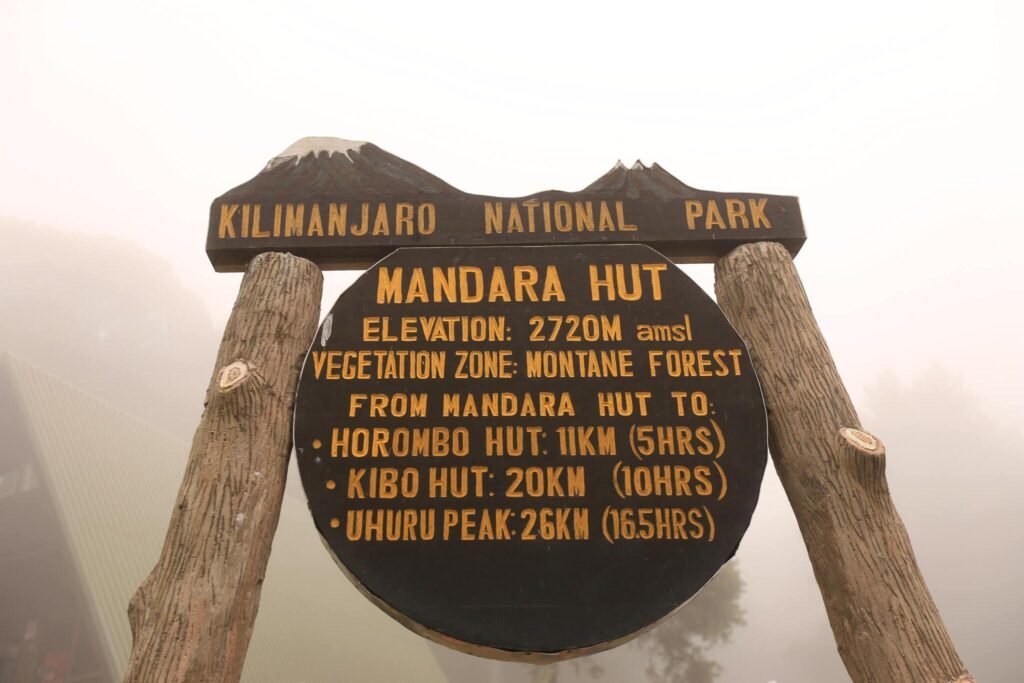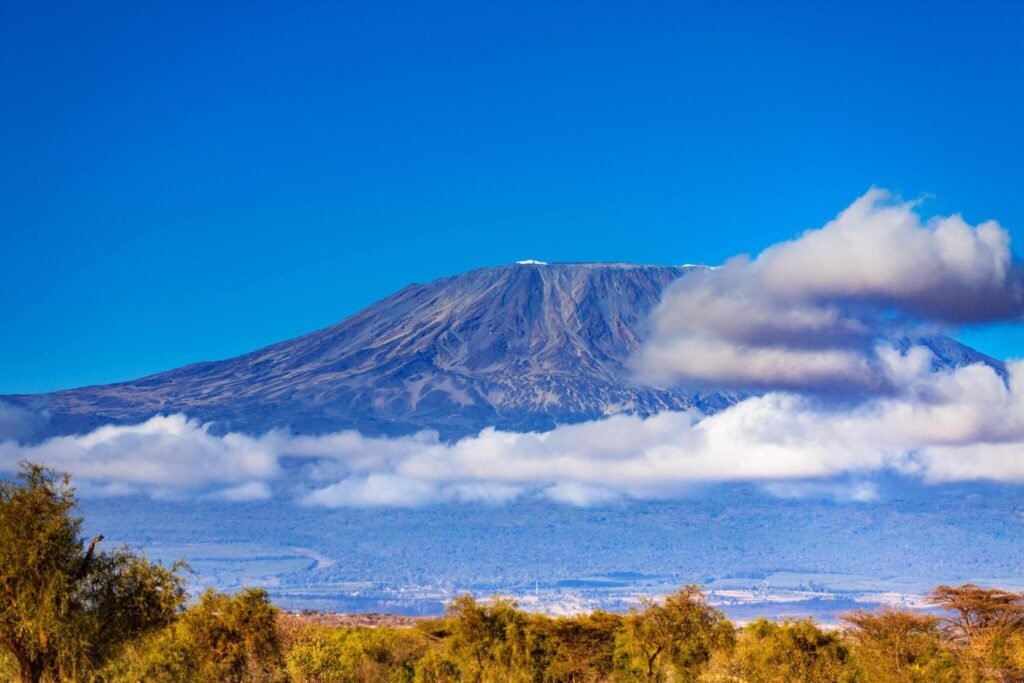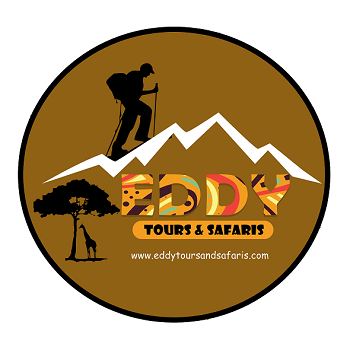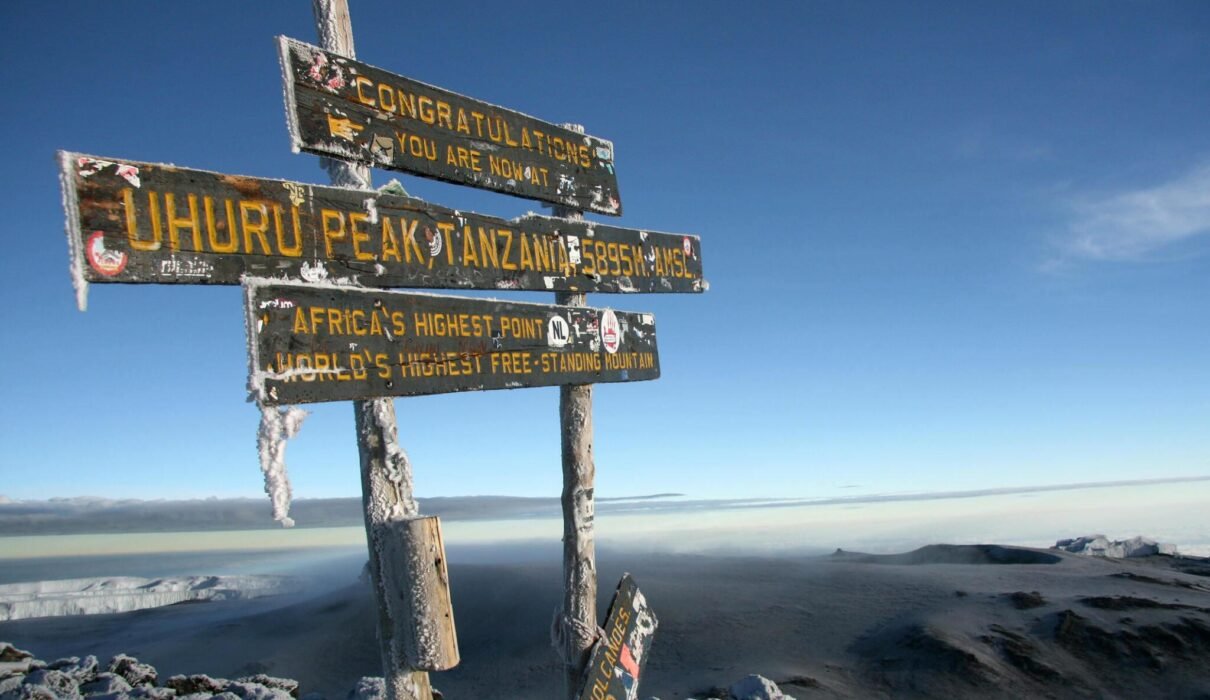Kilimanjaro National Park Fees, Rules, and Regulations: Complete Guide . Mount Kilimanjaro is Africa’s tallest peak and one of the most popular trekking destinations in the world. Before planning your trip, it’s essential to understand the Kilimanjaro National Park fees, rules, and regulations to ensure a safe and well-organized climb. The fees contribute to the conservation of the park and maintaining its facilities, while the rules ensure the safety of climbers and the protection of the mountain’s unique environment. In this comprehensive guide, we’ll explore everything you need to know about Kilimanjaro National Park fees, essential regulations, and what to expect during your trek.

Kilimanjaro National Park Fees, Rules, and Regulations: Kilimanjaro National Park Fees
The costs associated with climbing Kilimanjaro are mainly determined by the park fees set by the Tanzanian government. These fees apply to every climber, and they cover your entry into the park, camping or hut accommodations, and other essential services
1. Park Entry Fees
The park entry fee is mandatory for every climber and must be paid for each day you spend in the park
- Cost: $70 per person per day.
For an average climb of 6 to 8 days, this fee can add up significantly.
2. Camping Fees or Hut Fees
Depending on the route you choose, you will either stay in tents (for most routes) or huts (if you choose the Marangu Route).
- Camping Fee: $50 per person per night.
- Hut Fee (Marangu Route only): $60 per person per night.
Find out more about the different routes and accommodation options with Kilimanjaro Climb Specialist
3. Rescue Fee
Although rescue operations are rare, Kilimanjaro National Park requires every climber to pay a rescue fee to cover emergency services.
- Cost: $20 per person for the entire climb.
This fee is mandatory and helps fund rescue operations in case of altitude sickness or other emergencies.
4. Crater Camping Fees
For adventurous climbers who want to camp near the summit in Kilimanjaro’s Crater, there is an additional fee.
- Cost: $100 per person per night.
Learn more about crater camping and high-altitude experiences on Kilimanjaro
5. Guide and Porter Fees
You must hire certified guides and porters to climb Kilimanjaro. The Tanzanian government mandates this rule to ensure safety and create employment for local communities.
- Guides: Expect to pay around $20 per day for guides.
- Porters: Typically earn between $10 and $15 per day.
6. Conservation Fees
Tanzania charges a conservation fee to support the maintenance of the park’s unique biodiversity.
- Cost: This is included in the general park entry fee of $70/day.
Read more about the costs involved in Kilimanjaro climbs with Eddy Tours Safaris
Kilimanjaro National Park Fees, Rules, and Regulations: Kilimanjaro National Park Rules and Regulations
Tanzania has established several rules to ensure the safety of climbers and protect Mount Kilimanjaro’s fragile environment. These regulations must be followed by all climbers.
1. Certified Guides and Porters are Mandatory
It is mandatory for all climbers to be accompanied by certified guides and porters when trekking Kilimanjaro. Independent trekking is not allowed. The guide-to-climber ratio is usually one guide for every two climbers, along with a team of porters who assist in carrying supplies.
2. Pack it In, Pack it Out
Kilimanjaro operates under the “leave no trace” principle. Climbers are required to carry all their trash out of the park. Tour operators are responsible for ensuring that no litter is left behind on the mountain, helping to preserve its natural beauty.
3. Stay on the Designated Routes
To protect the environment and ensure your safety, you must stay on designated trails and routes. Deviating from marked paths can damage fragile ecosystems and put climbers at risk.
Learn more about responsible trekking practices on Kilimanjaro
4. Do Not Disturb Wildlife
While wildlife encounters are rare on the upper slopes, Kilimanjaro is home to a variety of animals, especially in the lower forest zones. Climbers should not disturb wildlife and should maintain a safe distance from any animals they encounter.
5. Follow Altitude Safety Guidelines
Altitude sickness is a serious concern for Kilimanjaro climbers. It’s important to follow your guide’s instructions, pace yourself, and take extra days for acclimatization if needed. Descending quickly is critical if symptoms worsen.
6. No Fires Allowed
Campfires are not permitted on Kilimanjaro. All cooking must be done using portable gas stoves. This regulation is in place to prevent forest fires and protect the local flora.
Discover more safety tips for altitude trekking on Kilimanjaro
Kilimanjaro National Park Fees, Rules, and Regulations: Why Kilimanjaro National Park Fees Are Worth It
While climbing Kilimanjaro can be expensive, the fees you pay contribute directly to the conservation and maintenance of Kilimanjaro National Park. These funds support:
- Wildlife Conservation: Protecting endangered species and maintaining the park’s biodiversity.
- Local Communities: Providing income for guides, porters, and other staff involved in tourism.
- Infrastructure Maintenance: Maintaining trails, huts, and safety measures for climbers.
Your contribution through fees ensures that future generations can enjoy the beauty of Mount Kilimanjaro.
Learn how your Kilimanjaro fees help support conservation

Kilimanjaro National Park Fees, Rules, and Regulations: Frequently Asked Questions
1. Are Kilimanjaro park fees refundable?
No, Kilimanjaro National Park fees are non-refundable, even if your climb is cut short. Make sure to confirm your travel plans before making payments.
2. Do I need a permit to climb Kilimanjaro?
Yes, your tour operator will secure a permit for you, which is covered in the park fees. You cannot climb without a valid permit.
3. Can I pay Kilimanjaro fees at the gate?
No, all fees must be paid in advance, usually through your tour operator. This ensures a smooth entry process at the gates.
4. What happens if I break the rules on Kilimanjaro?
Breaking the park’s rules, such as littering or not using certified guides, can result in fines or being banned from completing the climb.
Get more details on Kilimanjaro rules and permits
Kilimanjaro National Park Fees, Rules, and Regulations: Ready to Plan Your Kilimanjaro Climb?
Understanding the fees, rules, and regulations of Kilimanjaro National Park is essential for a safe and enjoyable climb. By following these guidelines and paying the required fees, you’ll be contributing to the conservation of one of the world’s most iconic mountains.
Start planning your Kilimanjaro climb with Kilimanjaro Climb Specialist
Book your adventure with Eddy Tours Safaris

